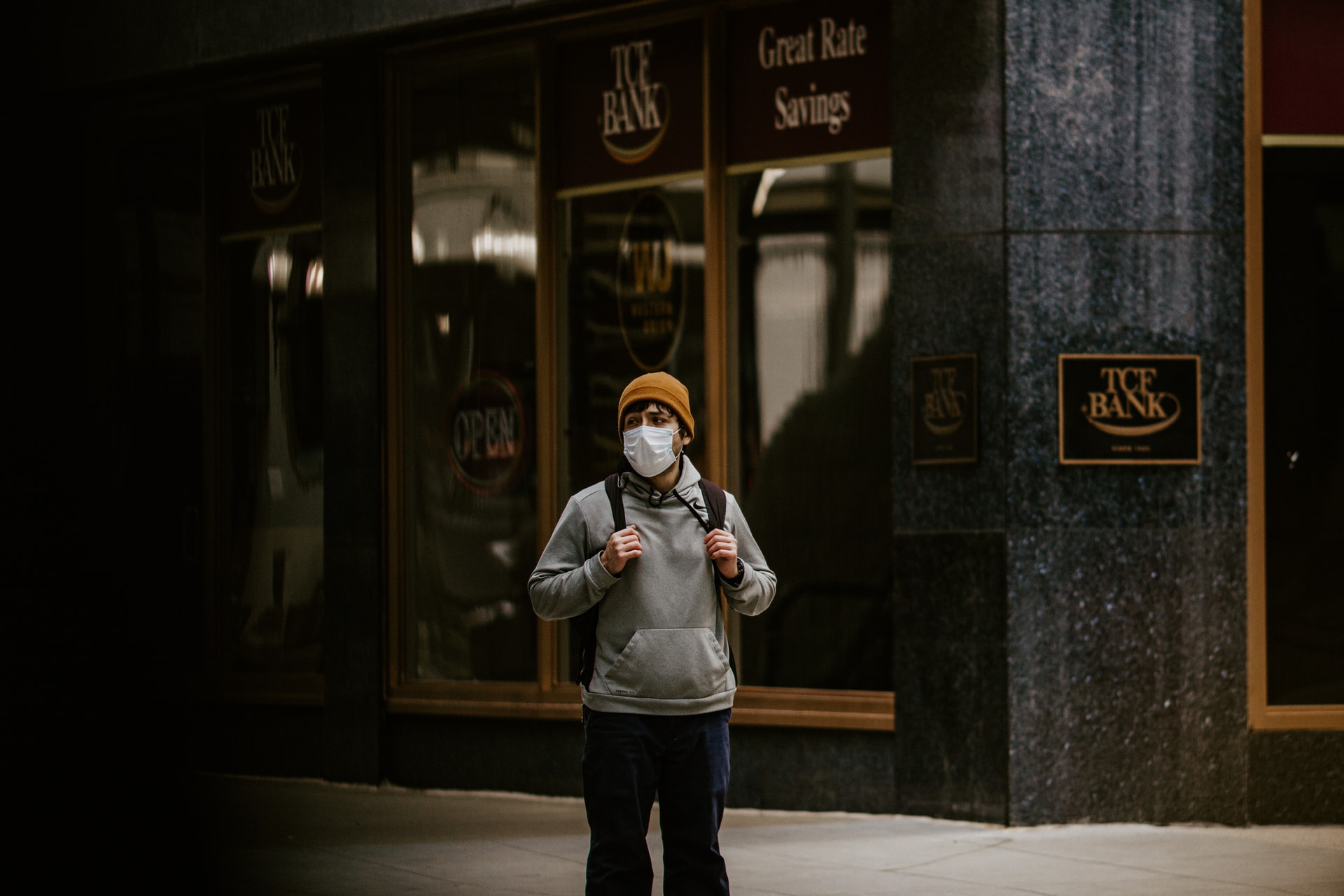The Lockdown Will Drive Lasting Changes in Habit
Several countries have begun easing lockdown restrictions. Countries such as Thailand and Australia are aiming to completely ease lockdown measures by July 2020. And in what is seeming increasingly obvious, COVID-19 will remain for the longer term; even vaccines are at least 18-24 months away.
However, the pressing question is will the lockdown drive lasting changes in habit? With massive unemployment also being an added burden of the outbreak, will people adapt?
We think there will be definitive changes, with activities such as working from home, reduced non-essential travel and increased online consumption becoming the new normal. There will be lasting changes in habit.
Working from Home
Working from home was the first advisory implemented by organizations worldwide. A computer and an internet connection is all that is really needed to begin working from home. Video conferencing tools can be used for virtual meetings and in this regard specifically, the global population was quick in its uptake of platforms such as Zoom. In Q1 2020, Zoom downloads increased by 12 times in only one month.
An estimated two-thirds of companies that have leveraged technology are benefitting from hiring remote workers. Aetna Insurance, for example, was an early adopter of work from home. It has enabled savings of as much as $70 million annually in real estate, utility and housekeeping costs. Much as organizations have realized huge cost savings using remote working, it also has other advantages. In fact, a recent survey found that 52 percent employees improved their productivity when working remotely. What is telling is that 86 percent of respondents believe that “remote work is the future”.
Non-essential Travel
The airline industry perhaps witnessed its biggest slump ever. Even as airplanes take to the skies once again, companies are going to be mindful of business related travel. If advanced video conferencing tools are used, then business communication can continue uninterrupted across distant shores, and without the need to physically travel. Yet again, this will translate into major costs savings, freeing up funds that can perhaps be diverted to other avenues such as debt servicing or even research and development.
Tourism related travel will pick up pace as fears over COVID-19 are allayed. Travel industry experts expect domestic tourism to initially increase, and preferred overseas destinations will likely be countries which recorded minimal coronavirus cases such as Sri Lanka and Bhutan.
Online Consumption
Online purchasing has been commonplace for a while but in most cases, it did not cover the ambit of perishables. People have now increasingly begun to look at online stores for grocery purchases as this extends them the convenience of shopping on their handheld devices while forgoing crowded stores and long check-out queues. In the US, Walmart’s grocery app witnessed a 460 percent growth in average daily downloads and 40 percent of surveyed participants suggested they will continue shopping for grocery online.
Just as online grocery shopping registered a sharp spike, so has the demand for subscription to over-the-top services for platforms like Netflix and mobile gaming. With schools still remaining closed in most regions globally, there has also been a huge surge in online education.
A positive development has been of governments and corporate leaders urging SME owners to use social media platforms to increase their visibility. Facebook’s founder Mark Zuckerberg made a personal pitch in this regard and also made a large investment in Jio, a leading technology major in India. The outcome of this collaboration is expected to benefit millions of SME owners in India, who will now be able to access innovative tools to secure an online presence.
Future Outlook
The pandemic drove economic activity to a near standstill, but there are several positives that will emanate from this event. History presents numerous examples where catastrophes often spurred innovation and it also brings to mind the old adage that necessity is the mother of invention. What must be accepted is COVID-19 is here to stay for the longer term and it is definitely not going to taper off, given the statistics emerging from most places.
However, most major disruptions in history posed one drawback – none offered a virtual economy or a virtual ecosystem. In the case of COVID-19, we have the advantage of technology to tide us through and we must adapt and leverage technology tools to ensure business and personal life continuity. Embrace technology to drive lasting changes in habit – changes that will ensure long term sustainability and in the unfortunate event that a lockdown must again be enforced, it will only be a physical limitation. Meanwhile, economic activity—even if erratic—must resume because livelihoods are critical to survival.
Featured Photo: A man wearing a mask outside a bank in Chicago. Countries across the world are slowly opening to restart economies and livelihoods.




